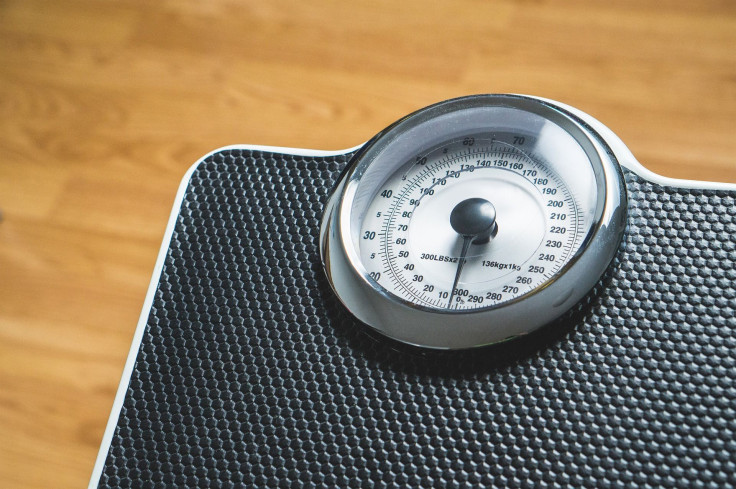Teaching Doctors To Fight Fat Bias Could Address Obesity Epidemic

Fat bias is sometimes referred to as the last socially acceptable prejudice, and research shows this bias is greater than any other, including race and gender biases. The field of medicine isn't immune, but new research suggests that actively teaching trainee doctors how to overcome these prejudices could lead to better patient-doctor relationships, and even address the current obesity epidemic.
The study, recently published online in The Journal of the American Osteopathic Association, found that when medical students are taught a specific curriculum aimed at better understanding the causes behind, and treatments for, obesity, the students’ innate obesity prejudice dropped by an average of 7 percent. This figure is important, as doctor bias toward obese patients can impede their ability to treat them and discourage such patients from seeking medical help.
“Intrinsic bias against people who are obese creates a stigmatism of the patient and exacerbated their [the doctor's] ability to fix the problem,” study researcher Dr. Michael Clearfield told Medical Daily. “It makes it worse.”
The curriculum was launched in 2012 and measures medical students’ attitudes on the Fat Phobia Scale by considering their level of agreement with certain fat-associated stereotypes. The students then received instruction on the causes and treatments for obesity, with a follow-up testing their knowledge and attitudes toward obesity for every year of medical school. Results revealed that those who completed the course were, on average, 7 percent less prejudiced towards obese people. At the moment, the curriculum is only offered at Touro College, but those involved hope to expand it to other medical schools.
The idea that doctors are biased against overweight patients is nothing new, and a twitter thread last year, #FatSideStories, revealed some of the real life horror stories that overweight individuals face at the hands of medical professionals.
“Going to the doctor to get some meds for a cold and receiving unwanted dieting advice and pamphlets on how to lose weight,” read one post.
“Went to a different doc once. Out of nowhere he said, 'I bet you eat a lot of fast food. You should try my wife's diet bars,'" read another.
Weight bias may be a deep-rooted part of the medical profession, but as the number of overweight and obese individuals continues to expand, doctors can no longer choose to overlook their health concerns.
“From a medical school perspective, if you’re not comfortable dealing with an obese and overweight patient, you may as well wrap it up and throw it in now,” explained Clearfield. “Because it doesn’t matter if they are pediatric or geriatric, this is everyone they are seeing.”
Unfortunately, doctor weight bias isn’t just emotionally traumatizing for the patients, it can also impede the doctor's ability to address their health problems. Some doctors may get so fixated on the idea that a patient doesn’t look after their health, that they may overlook other important signs of medical problems.
Clearfield explained that many doctors today treat obesity like doctors of the past used to treat depression, “only, instead of telling people to ‘get over it’, we say, ‘just eat right and exercise.’”
Obesity rates continue to rise, suggesting that whatever doctors are doing to address this problem simply isn’t working. Clearfield believes that teaching future doctors to approach and communicate with patients differently could be the solution that we’ve been looking for.
Source: Gayer GG, Weiss J, Clearfield M. Fundamentals for an Osteopathic Obesity Designed Study: The Effects of Education on Osteopathic Medical Students’ Attitudes Regarding Obesity. The Journal of the American Osteopathic Association . 2017
Published by Medicaldaily.com



























